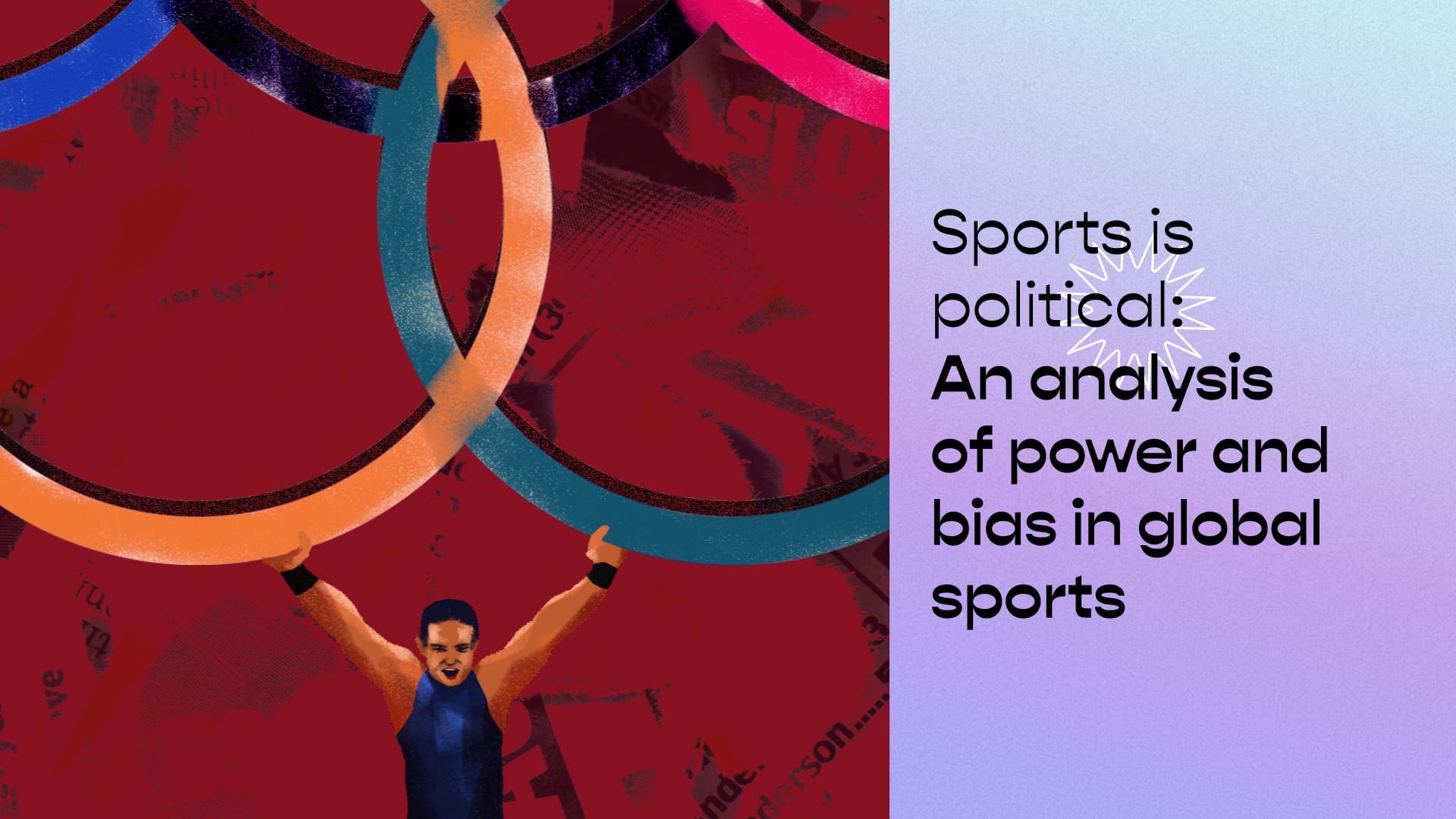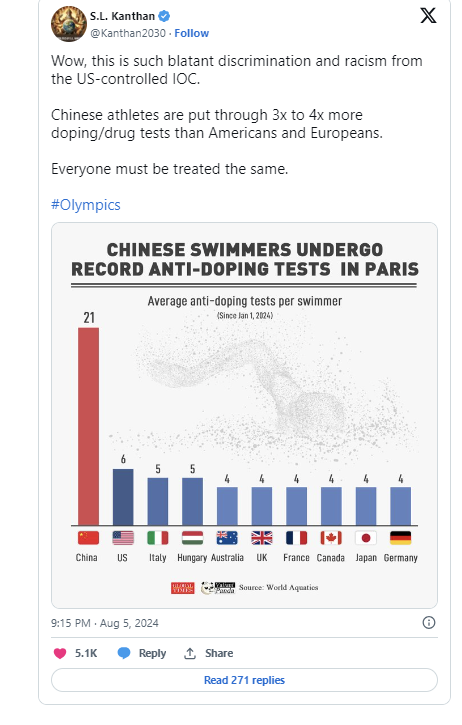
Sports is political: An analysis of power and bias in global sports
Munirah and Zafirah, who worked on the microstory Rise of the Underdogs: How Asia left its mark on the 2022 FIFA World Cup, reflect on how the Olympics is colonial by design. Beatrice Go, the writer behind SEA Games: A stage of unity or power play, joins them to take stock of Asia’s wins amidst the politics of international sports.
Zafirah: If I’m being completely honest, I’m not a sports person. But I tend to watch most major international events for the politics. Does the Olympics live up to its promise of unity and sportsmanship? Is sport really the equaliser people claim it to be? Are athletes, and their countries, fairly represented on the world stage?
Sports fans would bemoan this, but I believe sports is inherently political, just like any other facet of life. If it wasn’t, why ban French athletes from wearing the hijab, or subject Chinese swimmers to more than twice the number of drug tests than their counterparts? The scepticism surrounding Pan Zhanle’s 100-metre freestyle gold versus the unadulterated praise showered upon American swimmer Michael Phelps in the past, is telling of the racism and double standards that still plague the international sporting world.

Munirah: While the Olympics prides itself to be free of any political affiliations, its actions reveal a clear bias. There were calls for Israel to be banned from the Olympics for committing atrocities against Palestine, considering Russia and Belarus were also banned for the invasion of Ukraine. Israel has been charged as an apartheid state by the International Court of Justice. So why was one country favoured over the other? In response to the demands, the president of the International Olympic Committee (IOC) called for neutrality and gave Israel’s athletes enhanced security measures at the Paris 2024 games.


